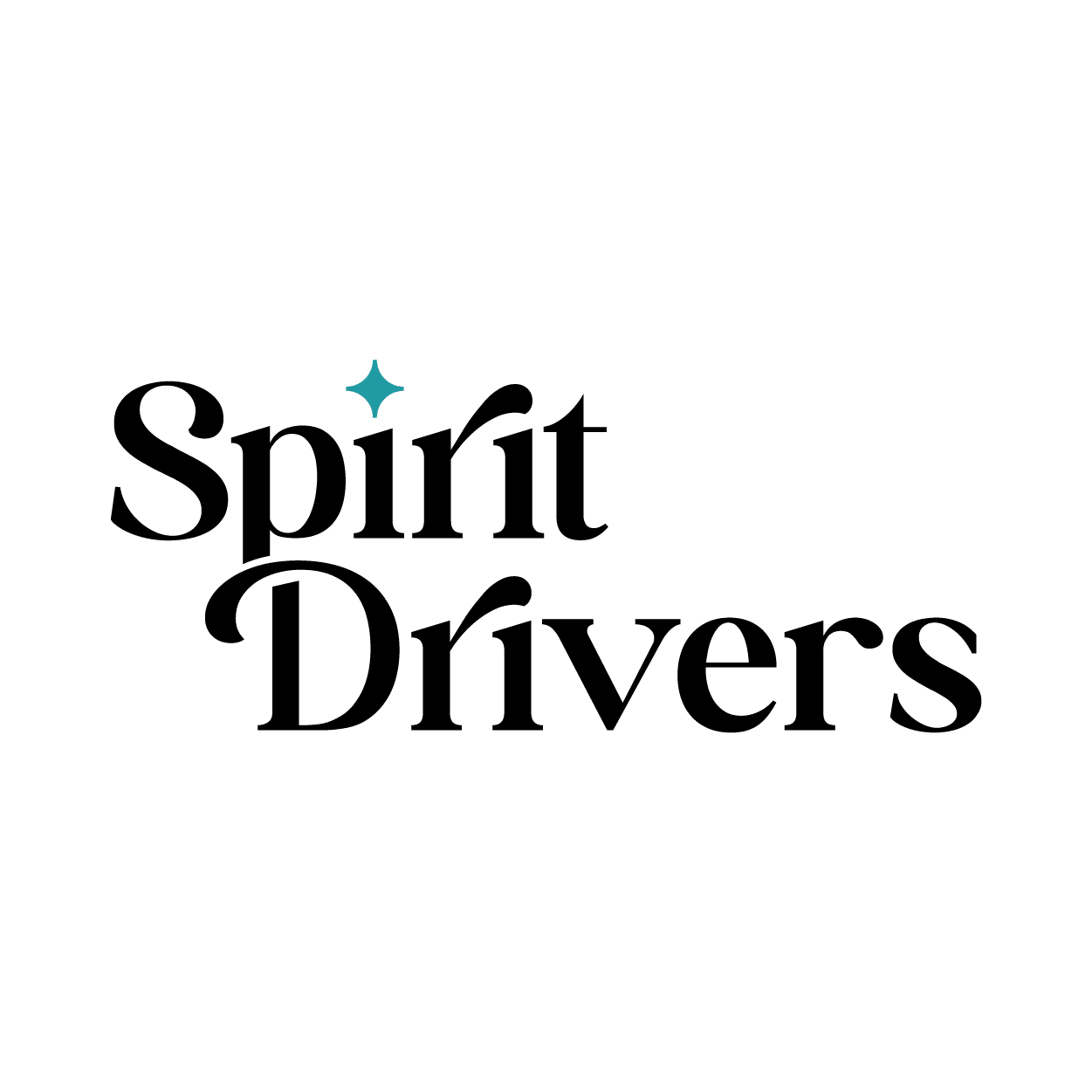You want to align your work with your purpose.

You’re on a noble quest, my friend. It’s worth it to find work that’s aligned with your sense of meaning.
You’re likely to spend upward of 90,000 hours of your life working. That’s roughly 1/3 of your life. Why not focus that time toward worthwhile projects and causes that light you up?
Don’t get me wrong. Working with purpose doesn’t mean your work will be easy. It doesn’t mean you won’t have tough days, or have to deal with challenging colleagues. It doesn’t mean rainbows and butterflies with flow out of your keyboard. No. What it does mean is that you’ll approach those challenges with resilience.
“He who has a Why to live for can bear almost any How.” -Nietzsche
Take the example of Victor Frankel. In his classic book, Man’s Search For Meaning, he writes that the people who found a sense of meaning in life were the ones who were more likely to survive. Having a sense of meaning is a human survival skill that helps you more quickly and easily overcome challenges and make it through tough days with a good attitude and sense of satisfaction.
In the book, “Frankl describes poignantly those prisoners who gave up on life, who had lost all hope for a future and were inevitably the first to die. They died less from lack of food or medicine than from lack of hope, lack of something to live for.” — Harold Kushner (Man’s Search for Meaning, Foreward)
When you’re filled up with purpose, you’re more likely to feel happy in your work and life. According to Emiliana R. Simon-Thomas, Ph.D., science director of the Greater Good Science Center, Purpose is one of the four key pillars of happiness at work. It’s simple. Working with purpose means that your daily actions are in alignment with your inner values, and that you’re making a valuable contribution to others.
As you begin to live in alignment with your purpose, your income might increase, as well. A 2016 study published in the Journal of Research and Personality found that individuals who feel a sense of purpose make more money than individuals who feel as though their work lacks meaning.
Yes. Finding purpose in your work is essential for living a fulfilling life.
What can you do if your current job is out of alignment with your purpose?
What steps can you take today and over the next few months to create satisfaction and fulfilment?
My focus as a coach is to help people take their best next professional step by opening up purpose-driven options and opportunities. My Spirit Drivers partner, Gregg, is a purpose-driven serial entrepreneur and business advisor who helps companies reach their next level of growth. Together, we’ve created a community of spirit-driven leaders, committed to living in alignment with their purpose and vision. We’ve worked with entrepreneurs, job-seekers, and corporate professionals as guides on the path to find purpose-alignment.
When it comes to aligning your work with your purpose, you have options:
- Stay in your current job and make small changes in your mindset, behaviour, and relationships that lead to higher sense of meaning and purpose (change yourself)
- Find a similar role in a new company or industry that’s more aligned with your sense of purpose (change your company / field)
- Find a new and different kind of role, more aligned with your strengths, in the same company or a company in a similar field (change your role)
- Start your own business, in addition to your job or as a full-time project
This quick guide highlights some of our favorite strategies if you’re in groups two or three, and looking for a new job! We’ll address the other groups in future posts.
Tangible Strategies to Find A New Job That’s Aligned To Your Purpose
1. Take time for self reflection and write down your professional purpose statement

You’re probably surrounded by busy people, running from one activity to the next, double-tasking, and overwhelmed. (Or you might be one of them!) It takes energy and clear intention to slow down and create the time and space you need to reflect on your purpose. DO NOT SKIP THIS STEP! You are the only one who can do this work, and it’s one of the most valuable ways you can spend your time.
In Stephen Covey’s 7 Habits of Highly Effective People, he encourages us to Begin With The End In Mind (Habit 2). According to Covey, “Habit 2 is based on imagination–the ability to envision in your mind what you cannot at present see with your eyes. It is based on the principle that all things are created twice. There is a mental (first) creation, and a physical (second) creation. The physical creation follows the mental, just as a building follows a blueprint. If you don’t make a conscious effort to visualize who you are and what you want in life, then you empower other people and circumstances to shape you and your life by default. It’s about connecting again with your own uniqueness and then defining the personal, moral, and ethical guidelines within which you can most happily express and fulfill yourself.”
Don’t be afraid to tackle the question, “what is my purpose?” I know it might seem like a big, important, and esoteric one, but by putting pen to paper and taking a first shot at it, you can make progress! Your purpose statement might not be perfect the first time. Maybe it will feel awkward, too ambitious, or too simplistic. It doesn’t matter! What matters more is that you are in active exploration. The more you engage with this question, the clearer it will become to you. You are engaging in the mental creation of your work-life, with the physical creation to follow. Soon, you’ll easily be able to speak about your purpose around the dinner table, or during your next interview.
To simplify it, we like to think of your professional purpose as the unique combination of your strengths, values, impact, and goals. If you’d like to be guided through the first four steps to define your professional purpose, here is a guide we created for you.
As for additional resources, here’s a list of practical tools to increase your self awareness, master your strengths, and shine brighter. You’ll notice the first tool on that list is the DISC + Values Assessment. If you’re reading this before April 7th, 2021, register for the Spirit Drivers Mastermind, and you can attend our April Expert Session with Leah M. Ward, a DISC expert and coach. You’ll get to take the DISC and workshop your results with Leah. In the Mastermind we make space each week to reflect on questions like these—and it’s a safe space to collect feedback from trusted peers.
Finally, some people find that writing doesn’t work for them, and they need external stimulation and accountability for this kind of reflection work. If that’s the case for you, I’d highly recommend talking to a coach, or asking your mastermind community!
Actively engage with people in your community

Did you know that 60% of jobs come not from job sites or LinkedIn applications, but from other people? As you’re seeking your purpose-aligned job, one of the best strategies you can adopt is to get connected, especially to other purpose-driven people (like those in the Spirit Drivers Mastermind)!
Don’t be shy. People love to help, and they love to talk about themselves. Many of your connections would be happy to hop on a 15-30 minute zoom call for an informational interview. Plan to ask a lot of questions, and also be on the lookout for ways you can serve them or their community. Know that if you’ve taken the time to get clear about your purpose (strengths, values, impact, and goals) you’ll stand out to the people you talk to as someone with high confidence and high value.
Here are a few types of people to look for and engage with:
People who love their work
Reach out to people in your community who love their work. Find out about their journey. How did they find their path? What were the signs for them that they were on the right track along the way? And what does work feel like for them? See if there are any aspects of their approach or mindset that you can adopt. If you’re beginning of your journey to uncover your purpose, starting here will give you fantastic insights and inspiration, first for giving you new ideas that you might not of thought of, and then for narrowing down your search.
People in your role or field of interest
If you already have an idea of your ideal role and / or field, connect with as many people as possible who are doing that work. Don’t hold back. As you’re exploring, ask them questions like, “What do you love most about this role / field?” “What are your biggest challenges?” “How do you see the role / field evolving over the next 10 years?”
You might also ask about their own sense of purpose in their work! If you’re coming from a place of excitement about using your own skills and talents in a similar role to make a positive difference in the world, you’ll stand out. They might be inspired by you, and they’ll likely remember you and think of you for opportunities that they see pop up.
People who have made the same career change that you want to make
Are you shifting to a brand new role or new industry, where you want to apply your previous skillset? Look for others who have made that jump, and ask them how they did it. You might also ask them what inspired them to make the shift. Do you find any commonalities in their story, or clues that build on your own sense of purpose and excitement? For example, do they recommend studying a particular skill that excites you to learn? Good sign.
These people can be great allies on your journey, because they deeply understand how your previous skillset applies to your potential new career. They know how valuable you can be. If they like your energy, they’ll be happy to recommend you for an open position they know of, when the time is right.
Approach your interviews with a growth mindset

After spending time on the first two strategies, you’ll be well prepared to win the interview opportunities that come your way. You’ll be walking in the door with confidence in your strengths, values, goals, and the unique way that you make an impact. Plus, you might have been referred by a respected member of your network. Now, all you have to do is crush the interview.
Here are three interview strategies that will make you shine:
Build a relationship with the company, the role, and your interviewer
Your interview begins way before your scheduled Zoom call or meeting with your interviewer. Of course, leading up to the interview you’ll do plenty of research on the company statistics, competitors, company culture, and the role you’re interviewing for.
Don’t forget also to research the person who will be interviewing you. How long have they been at the company? What’s their previous career experience? What kind of content do they post on LinkedIn or Twitter? Don’t be afraid to communicate with them before the interview. You might engage with their content, send them an industry-related article you’ve written that could be useful to them, or even send a quick message to let them know how excited you are to talk to them.
The sooner they get to know, like, and trust you before you get on the phone, the better.
Reframe everything in a positive way
One of your greatest gifts as a human being is your power of interpretation. You have the power to interpret any situation as an empowering story. As you’re reviewing gaps in your CV and preparing for interview questions like, “What is your biggest weakness?” you have a fantastic opportunity to flex this human superpower.
Let’s say you were fired from your previous job. Before the interview, recognise how you feel about that situation. Bitter? Angry? Doubting yourself?
Time to reinterpret, because bringing bitterness or blaming into your next interview (and job) serves no one, least of all you! You get to tell an empowering story about being fired. See it as a learning opportunity, and an opportunity to target your strengths in your next role. Take responsibility for everything that happened, and show excitement about the new opportunities presented to you as a result of being fired. You might frame being fired as an amicable split, as clearly the role wasn’t a good fit. Never badmouth or blame your previous employer. You can explain the facts of the situation, but always be sure to put a positive spin on it.
Take a similar approach when preparing to talk about your biggest weakness. Be authentic and share the facts about where you’ve had challenges. Then talk about steps you’ve taken to address the weakness in the past, the new results you got, and where you’re most excited to continue your growth.
Ask questions often
This is a key interview strategy that many people forget. Ask. Questions.
Asking questions shows you’re an engaged, confident, critical thinker. This strategy also ensures you understand the reason behind each interview question, so you can provide the information the interviewer actually wants to hear! It allows you to find out about, and address, any misalignment head on during the interview. Finally, it takes some of the pressure off you, and makes the interview into a natural, flowing conversation that both of you can actually enjoy.
One of the best ways to weave more questions into the interview is to give a summary of your best answer to the interview question, and then turn the interview question around.
For example, say the interviewer asks about your leadership style. That’s a pretty broad question! To answer it, start by giving a summary of your leadership style paired with a story about how you demonstrated it. Then turn the question around by asking, “What leadership styles do you see working best for this role?” Their answer will give you valuable information about what they’re looking for that you can address immediately.
Typically at the end of the interview, they’ll ask if you have any questions for them. YES! Of course you have questions for them! Don’t ever end an interview without asking questions to show you’re interested and engaged. Instead, come to the interview prepared with a list of questions for your interviewer about the company, the role, and them.
Here are a few examples of great questions to ask:
“Through my research I saw that you’ve been at X Company for 5 years now. What keeps you coming back?”
“I read that the culture here is collaborative and innovative, which aligns with my personal strength of working with a team toward a common goal. What’s your personal experience of the culture here? How would you describe it in your own words?”
“I understand the overarching purpose of this role is to help the company grow by supporting the VP Marketing with strategic tasks. That is in alignment with my purpose to serve creatively and flexibly. Is this a new role, or is it back-filled?”
“Imagine one year from now that this hire was a smashing success. What happened?”
Keep going

You can absolutely find a job that’s in alignment with your purpose, and you deserve to.
Wouldn’t the world be a better place if more people did work they truly loved and cared about? Enjoy the journey, and everything you’ll learn about yourself along the way. If you start experiencing doubts, check out this article with nine actionable ways to keep your confidence high on the job search.
Don’t forget, in the Spirit Drivers Mastermind, you’ll find an incredible network of purpose-driven people who would love to support you.
Good luck!

Recent Comments